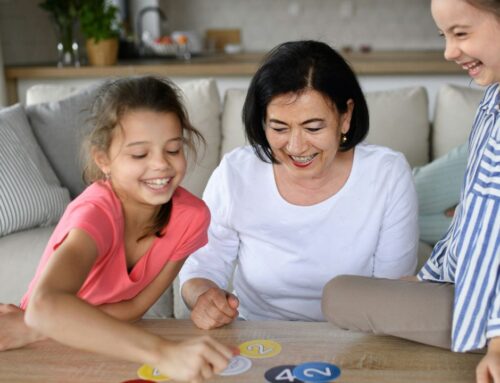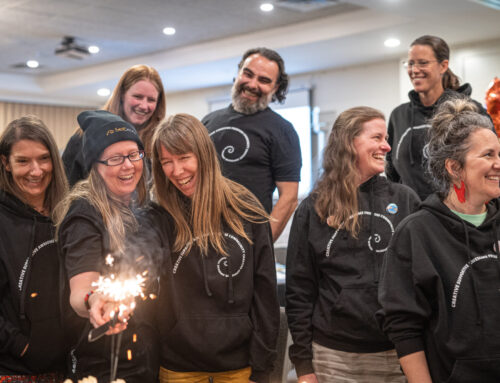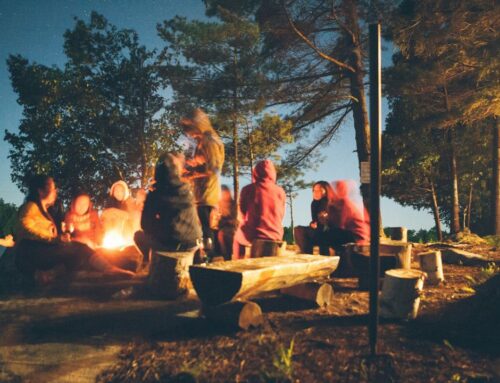When it comes to education, parents have numerous options in the province of British Columbia and have total freedom to choose where their children are educated.
Families can choose to send their child to a public brick and mortar school, a public Online Learning school, an independent brick-and-mortar school, or an Independent Online Learning school. Parents can choose a school that focuses on scheduled activities and structure or a school that offers more flexible programming. Parents can also choose to take complete control of their child’s education by choosing to homeschool their children.
When it comes to public schools and provincially recognized independent schools – learners can graduate with either a Dogwood Diploma, Evergreen Certificate or Adult Graduation Certificate.
Online Learning is a term that’s only used in two provinces: Ontario and British Columbia. The rest of the provinces use different terms and mostly it’s labelled as homeschooling. But here in British Columbia, we define those two very distinctly, although they are both technically “at-home learning”.
They are distinct in the fact that Online Learning is recognized by the province, a learner is enrolled in a school, the program is coordinated by a B.C. certified educator, and is partially funded by the Ministry of Education. Whereas if your child is registered as a homeschooler, it means the child’s education is the full responsibility of the parent, learning is not supervised by a B.C. certified educator, the learner is not required to meet provincial standards and learning is not inspected by the Ministry of Education.
Principal of Education Programs at SelfDesign, Nikki Kenyon, says the unique thing about online learning is that you can choose to engage in learning in a time and place that works for you. In regards to Independent Online Learning, you can also make a choice based on the model, the philosophy or the educational theories around how learning happens.
“A lot of Independent Online Learnings schools are faith-based and you may choose that because you resonate with that value set and it’s important for you,” explained Kenyon. “Or you may choose a place like SelfDesign that values the learner in relationship with their communities, family, organizations and their certified educator. I think that’s what sets Independent Online Learning schools apart is that many people choose them because they have the opportunity to determine what model, philosophy and values work for them.”
The biggest difference between SelfDesign and other Independent Online Learning schools is that our grade 10 to 12 program is entirely theme-based, not course-based. What that means is courses are grouped and integrated into a theme, which is a subject the learner is interested in such as Travel and Adventure, Storytelling, or STEAM (Science, Technology, Engineering, Art, Math). The course content is delivered through the lens of that chosen theme/interest.
CEO of SelfDesign, Amber Papou, believes that in the educational landscape of Online Learning, SelfDesign is unique.
“We have a strong commitment to honouring the learner, as the centre of their learning experiences, and allowing them to design their own pathways, to build skills and competencies, and do it in a way that connects with their own interests and passions,” said Papou. “And that’s something we’ve been doing really well for a long time.”
SelfDesign has adopted the province’s curriculum changes with ease and it’s because of this that Papou believes we are ahead of the game.
“We’ve moved into a holistic way of providing education for our learners, not only in the sense that we are theme-based and offer a completely personalized learning experience,” said Papou. “We also do not plunk kids in front of a computer and have them learn in a two-dimensional space. In fact, that’s not how we use our technology. We use technology to enhance the program and the learning, and use it as a communication tool to provide access to information.”
The province’s move to theme-based learning may have been a big change for other schools, but not SelfDesign. Theme-based learning is where you take a topic or interest, and then use that to explore all subject areas, from Kindergarten right through to Grade nine. From grades 10 to 12, we approach the course-based requirements of the B.C. Ministry of Education through this lens as well.
“What separates us from all other schools, not just other independent learning schools, is that the basis of our program revolves around the fact that learning doesn’t just happen from nine to three,” said Papou. “It happens all the time. It’s all around us. And it goes back to our delivery model, the fact that we are a technology-enabled school – it is how we communicate but it is not how we learn. How we learn is based on our values, that learning is self-authored, it’s continuous and it’s truly ageless.”
| Education | Admissions | Funding/Tuition | Approach |
|---|---|---|---|
| Local Public | available to all | tuition-free | fixed curriculum |
| Specialty Public | by application/lottery | tuition-free | special interests and/or alternative teaching |
| Independent/Private | by application | mixed | varies by institution |
| SelfDesign | available to all | tuition-free | personalized learning |
| Other Online Learning | varies by institution | mixed | varies by institution |
| Homeschooling | available to all | nominal funding to families | ranges from fixed curriculum to unschooling |
As an online learning school, SelfDesign’s most distinct qualities include the following:
- With the support of a certified educator, learners develop a personalized learning plan for learning at home and in their local community, rather than committing to a fixed curriculum.
- In addition to being tuition-free, SelfDesign provides access to a learning community, learning equipment and services, and a budget to support learning plans whenever possible.
- SelfDesign encourages learning through relationships with family, educators, community members, and other learners.
- SelfDesign is a secular program that celebrates diversity, whereas some online learning schools are faith-based.







